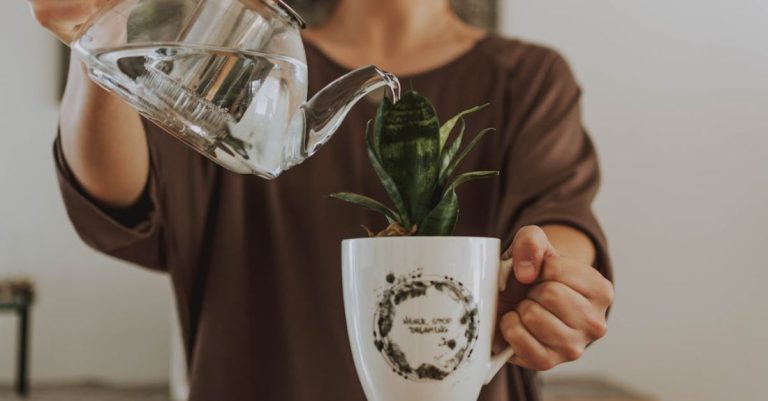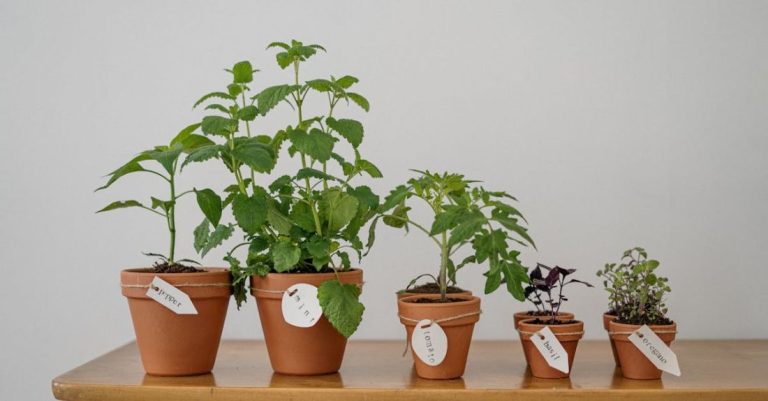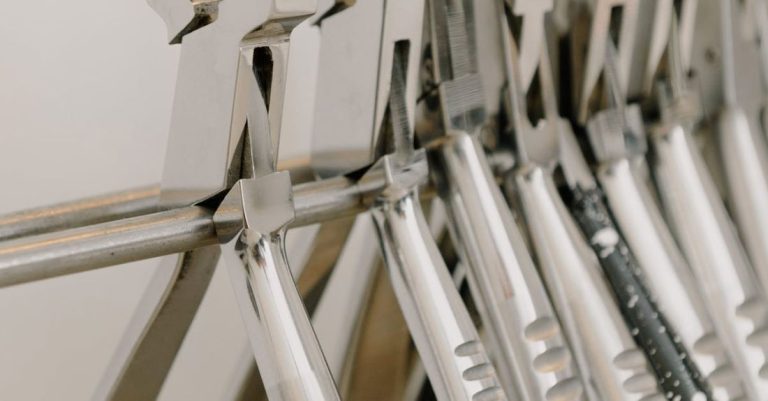
Gardening can be a deeply rewarding and therapeutic hobby, but for beginners, it may seem overwhelming at first. With the right guidance and tips, anyone can develop a green thumb and create a flourishing garden. Whether you have a spacious backyard or just a small balcony, there are plenty of ways to get started on your gardening journey. Here are some of the best gardening tips for beginners to help you cultivate a thriving garden oasis.
Start Small
One of the most important tips for beginners is to start small. It can be tempting to dive headfirst into a large garden project, but it’s best to begin with a small area that you can easily manage. This will help you learn the basics of gardening without feeling overwhelmed. You can always expand your garden later once you gain more experience and confidence.
Choose the Right Plants
When starting your garden, it’s crucial to choose plants that are well-suited to your climate and growing conditions. Opt for low-maintenance plants that are easy to care for, such as succulents, herbs, or native plants. These plants are more likely to thrive and require less attention, making them ideal for beginners. Make sure to research each plant’s specific needs regarding sunlight, water, and soil type to ensure they will flourish in your garden.
Provide Adequate Sunlight
Most plants need sunlight to grow and thrive, so it’s essential to provide them with the right amount of sunlight. Before planting, observe the sunlight patterns in your garden to determine which areas receive full sun, partial sun, or shade. This will help you place your plants in locations where they will receive the appropriate amount of sunlight each day. Remember that different plants have varying sunlight requirements, so be sure to position them accordingly.
Water Wisely
Proper watering is key to maintaining a healthy garden. Overwatering can lead to root rot, while underwatering can cause plants to wither and die. It’s essential to water your plants consistently but not excessively. Check the soil moisture regularly by sticking your finger into the soil. If it feels dry an inch below the surface, it’s time to water. Different plants have different water requirements, so be sure to research each plant’s specific needs.
Improve Your Soil
Healthy soil is the foundation of a successful garden. Before planting, take the time to improve your soil by adding organic matter such as compost or aged manure. This will help enrich the soil, improve drainage, and provide essential nutrients for your plants. Consider getting your soil tested to determine its pH level and nutrient content, allowing you to make any necessary adjustments for optimal plant growth.
Mulch for Moisture and Weed Control
Mulching is an excellent way to conserve moisture in the soil, suppress weeds, and improve the overall health of your garden. Apply a layer of mulch around your plants to help retain moisture, regulate soil temperature, and reduce the growth of weeds. Organic mulches such as wood chips, straw, or shredded leaves are ideal for improving soil quality as they break down over time and enrich the soil.
Practice Regular Maintenance
Consistent maintenance is essential for a thriving garden. Develop a routine for weeding, watering, pruning, and fertilizing your plants to keep them healthy and vibrant. Regularly inspect your garden for pests, diseases, and other issues that may affect plant growth. By staying on top of maintenance tasks, you can prevent problems before they escalate and enjoy a beautiful garden all season long.
Experiment and Learn
Gardening is a continuous learning process, so don’t be afraid to experiment and try new things. Every garden is unique, and what works for one gardener may not work for another. Embrace the opportunity to learn from your successes and failures, and don’t be discouraged by setbacks. Gardening is a journey of discovery, so enjoy the process and celebrate the small victories along the way.
Conclusion: Cultivate Your Green Thumb
By following these essential gardening tips for beginners, you can cultivate your green thumb and create a thriving garden oasis. Start small, choose the right plants, provide adequate sunlight and water, improve your soil, mulch for moisture and weed control, practice regular maintenance, and don’t be afraid to experiment. With patience, dedication, and a little bit of trial and error, you’ll soon be on your way to becoming a successful gardener. So roll up your sleeves, get your hands dirty, and watch your garden bloom and flourish before your eyes. Happy gardening!





